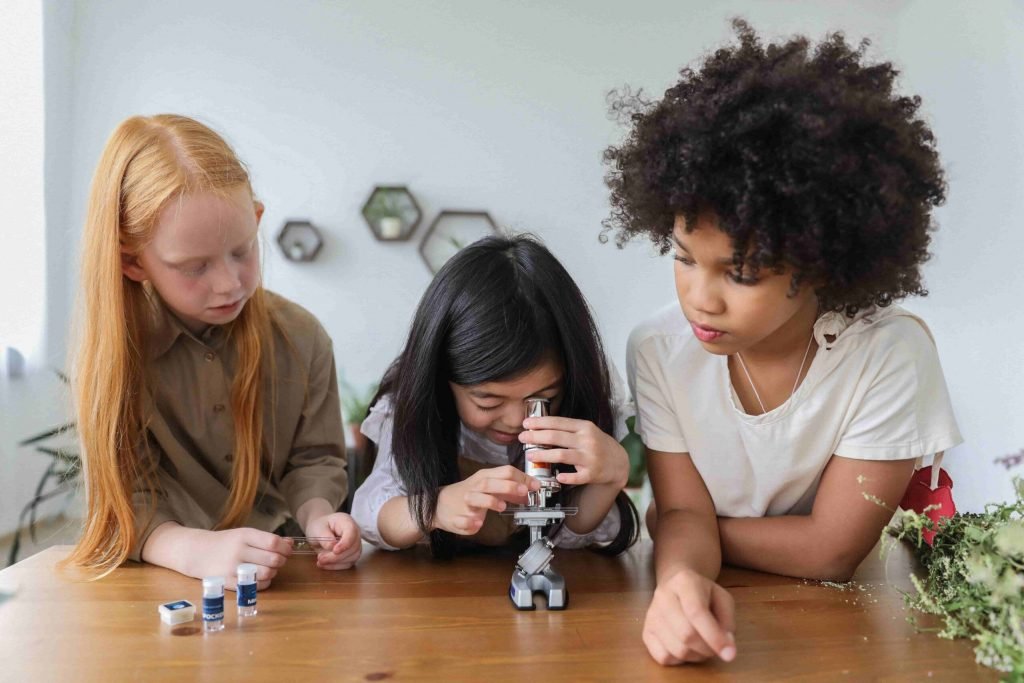Science is all around us and teaching children science is important for their overall growth and development. Children are naturally curious and eager to learn, and science provides an opportunity for them to explore and discover new things about the world they live in. However, teaching science to children can be a challenging task, especially if you’re not sure where to start. In this article, we will discuss effective tips for teaching children science and making the learning experience fun and engaging.
Create a science-friendly environment
Creating a science-friendly environment is crucial for teaching children science. Set up a dedicated space in your home where your child can conduct experiments and explore. Fill the space with books, posters, and other science-related materials to encourage your child’s interest in science. You can also take your child on nature walks or trips to museums and science centers to further fuel their interest.
Encourage curiosity and exploration
Encourage your child’s natural curiosity and desire to explore. Ask open-ended questions and give them the opportunity to ask questions as well. This will help them develop critical thinking skills and encourage them to learn on their own. Encourage your child to observe and explore their surroundings, and allow them to investigate and make their own discoveries.
Use hands-on experiments
Hands-on experiments are a great way to make science education more engaging for children. Simple experiments can be conducted with household items, and more advanced experiments can be done with science kits or online resources. Experiments help children understand scientific concepts and develop problem-solving skills.
Make connections to everyday life
Make connections between scientific concepts and everyday life to help children understand the relevance of science. For example, explain how the water cycle works and how it affects our daily lives. This will help children see the practical applications of science and how it can be used to solve real-world problems.
Incorporate technology
Incorporate technology into science education by using educational apps, videos, and interactive online resources. This can help children understand complex scientific concepts and make learning more fun and interactive.
Make learning fun
Lastly, make science education fun and enjoyable for your child. Use games, quizzes, and other fun activities to make learning more engaging. Celebrate your child’s accomplishments and encourage them to continue learning and exploring.
Teaching children science can be a challenging but rewarding experience. By creating a science-friendly environment, encouraging exploration, using hands-on experiments, making connections to everyday life, incorporating technology, and making learning fun, you can help your child develop a love for science that will last a lifetime.

